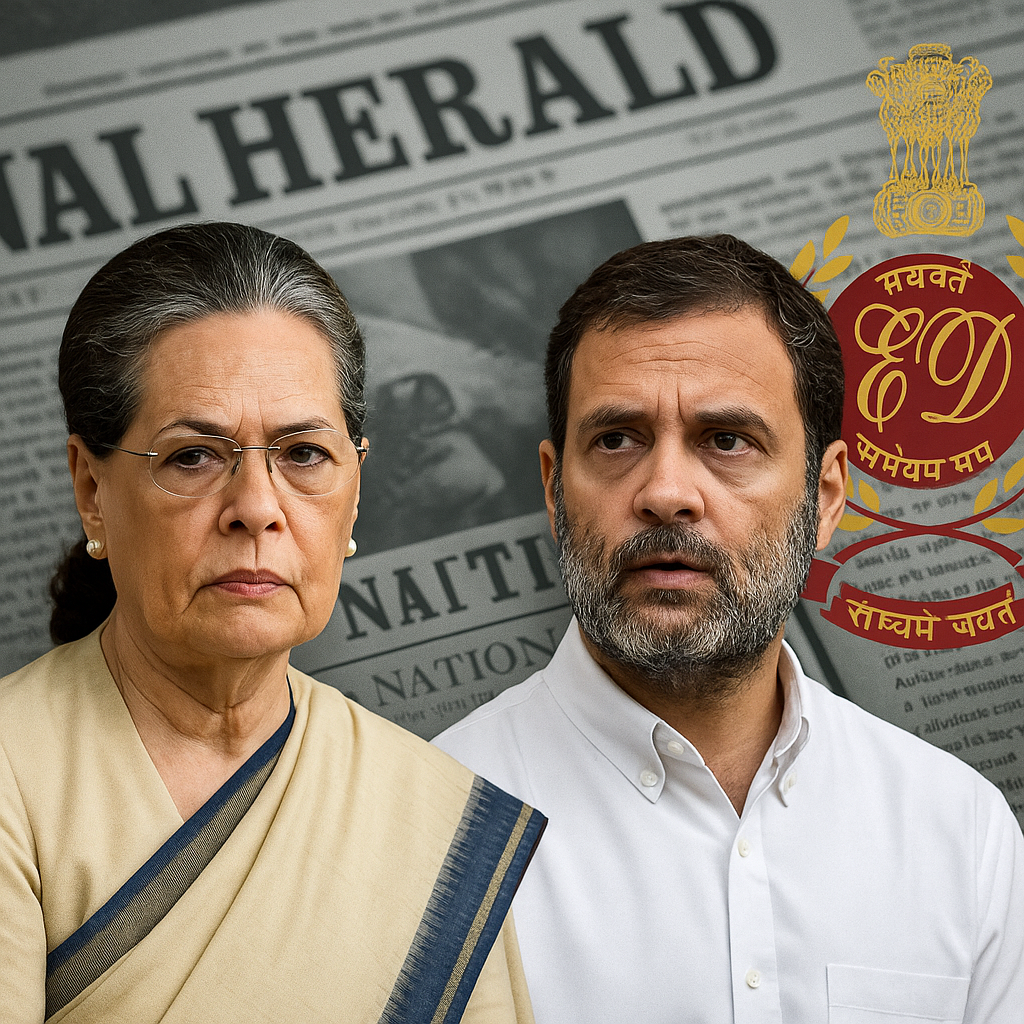
The National Herald case has taken a new turn, and Sonia and Rahul Gandhi are now at the center of one of the most high-profile legal battles in India. The Enforcement Directorate (ED) has accused them of money laundering and has filed charges in a case that involves allegations about the transfer of assets from the now-defunct National Herald newspaper to a company linked to the Gandhis, Young Indian.
Here’s what you need to know to stay up to date on this developing case.
The Background: How Did We Get Here?
It all began with the founding of the National Herald newspaper back in 1937 by Jawaharlal Nehru, India’s first Prime Minister. Over the years, the newspaper, through its parent company, Associated Journals Limited (AJL), accumulated valuable assets, including real estate properties across major cities. However, due to financial losses, the newspaper ceased its operations in 2008.
Fast forward to 2010, when Young Indian Private Limited was incorporated with Sonia Gandhi and Rahul Gandhi holding a majority stake in the company. Young Indian took control of AJL’s debts and acquired its assets for a nominal amount of ₹50 lakh. However, these assets were worth thousands of crores, leading to questions about the legality and fairness of the transaction.
The ED’s Allegations: What’s the Charge?
The Enforcement Directorate has now filed a chargesheet against the Gandhis, accusing them of money laundering under the Prevention of Money Laundering Act (PMLA). Here’s a breakdown of the main points the ED is making:
1. Misappropriation of Assets: The ED claims that the Gandhis, through Young Indian, orchestrated a plan to acquire AJL’s assets by converting a loan of ₹90 crore from the Congress party into equity. The transaction allegedly transferred ownership of AJL’s valuable properties to Young Indian at a fraction of their actual worth.
2. Money Laundering: The chargesheet alleges that the Gandhis benefited from the properties that were transferred to Young Indian. The assets, including real estate and shares, are said to amount to over ₹900 crore in terms of illicit benefits.
3. Violation of Money Laundering Laws: The ED argues that the entire process is a clear case of money laundering, as the assets were obtained through illegal means.
4. Beneficiaries: The ED further claims that since Sonia and Rahul Gandhi hold the majority stake in Young Indian, they are the ultimate beneficiaries of these misappropriated assets.
The Congress Party’s Stand: What Are They Saying?
The Congress party has strongly denied the charges. Party leaders argue that the entire process was legal and that Young Indian was set up as a non-profit entity with the intention of reviving the National Herald newspaper. They claim the company has no personal financial gain for the Gandhis, and that the whole matter is a case of political vendetta.
According to Congress spokespersons, the assets acquired by Young Indian are not personal property for the Gandhis but are meant to be used for reviving a national asset—the National Herald newspaper.
The Legal Journey Ahead: What Happens Next?
The case is still in its early stages. The Enforcement Directorate filed its chargesheet recently, and the next hearing is set for April 25, 2025. The special court will decide if the case should proceed and whether the charges should be formally framed against Sonia and Rahul Gandhi.
If the court finds enough merit in the ED’s case, the Gandhis could face trial under the Prevention of Money Laundering Act, which carries severe penalties, including jail time of up to seven years.
Political Impact: Why Does This Case Matter?
This case isn’t just about the Gandhis—it’s about the political atmosphere in India. Here’s why it’s so significant:
A Test for the Government and the Opposition: The case adds fuel to the already heated political climate, with accusations that the ruling party, the BJP, is using investigative agencies to target the opposition. How this case plays out could determine how opposition parties approach future elections.
Public Perception: The ongoing legal battle will influence how the public views the Gandhis and the Congress party. If the charges are upheld, it could harm their credibility, but if the case is dismissed, it could raise questions about the motives behind the accusations.
Legal Precedents: The National Herald case could set important legal precedents for how similar cases involving money laundering and the acquisition of assets are handled in India in the future. It’s a landmark case in the world of politics and law.
What’s at Stake?
While the case might seem like a complex legal battle, it’s actually about much more than just the Gandhis or their political opponents. It’s about the accountability of public figures, the use of political power, and the way India’s laws govern the relationship between business and politics.
Conclusion: The Road Ahead
As the legal battle continues, the National Herald case will keep grabbing headlines. Sonia and Rahul Gandhi will need to fight these charges in court, and how they handle this case will affect not just their political careers but also the future of the Congress party.
The case’s outcome will be closely watched by both political enthusiasts and legal experts. Will the Gandhis be cleared of all charges, or will this case be a turning point for their political future? Only time will tell.
This ongoing saga between the Gandhis and the ED is more than just a legal case—it’s a battle that could shape India’s political landscape for years to come. Stay tuned for the latest developments as this historic case continues to unfold.
Read More: Sonia & Rahul Gandhi Named in ED Chargesheet: National Herald Case Sparks Political Storm



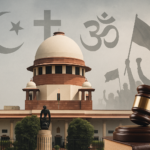

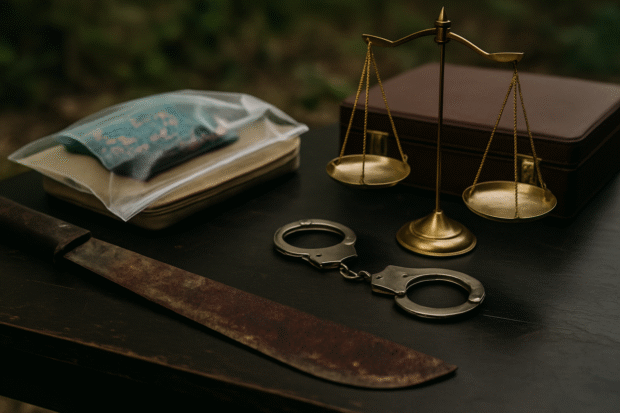

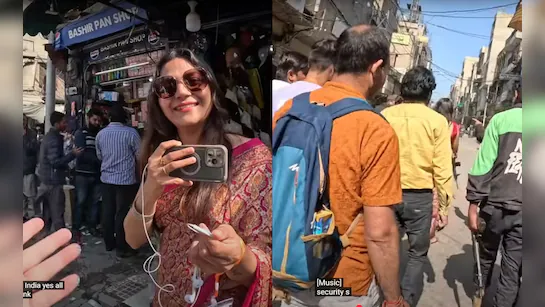



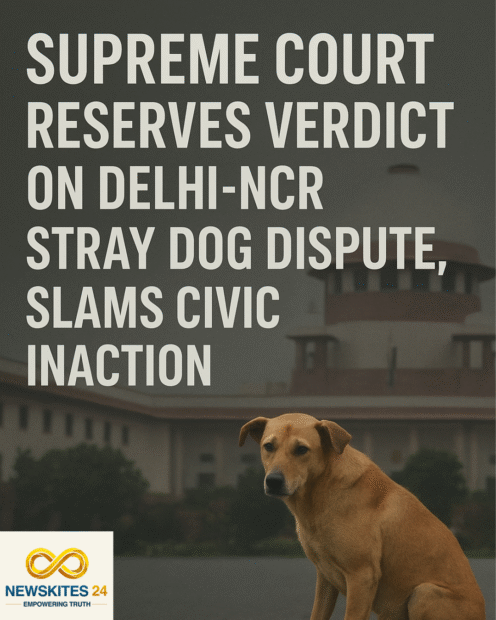


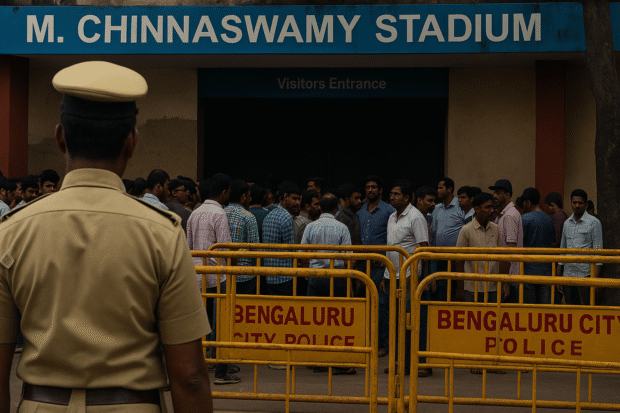
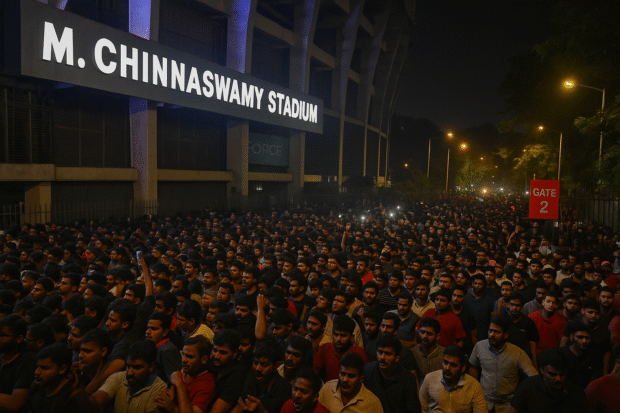

Be the first to leave a comment